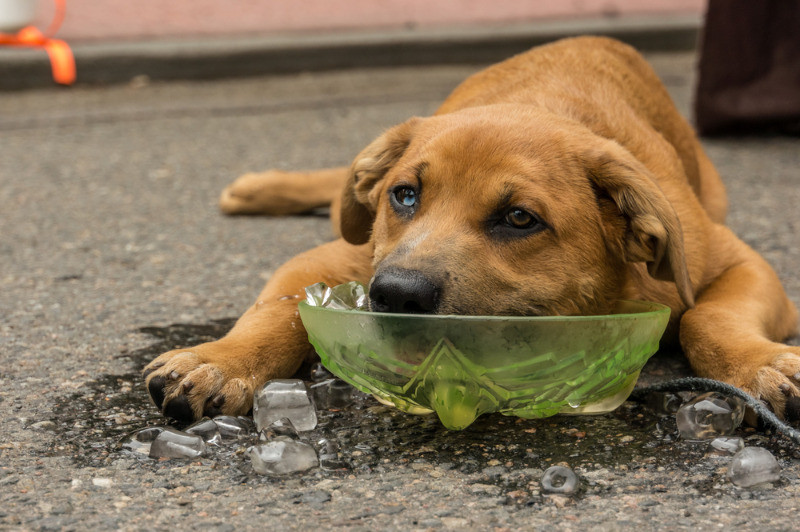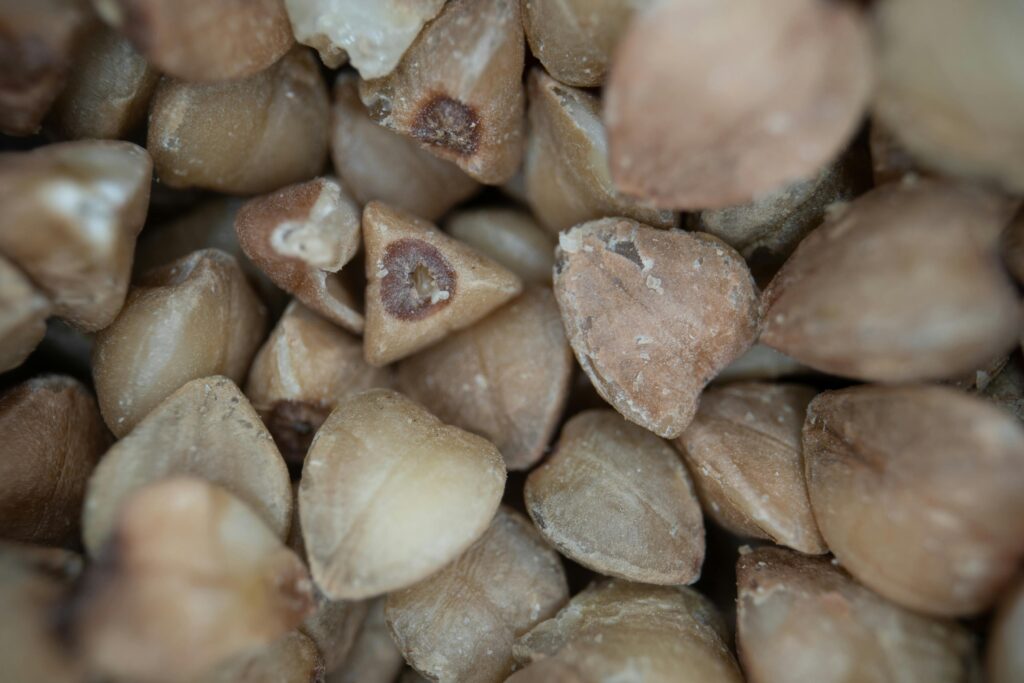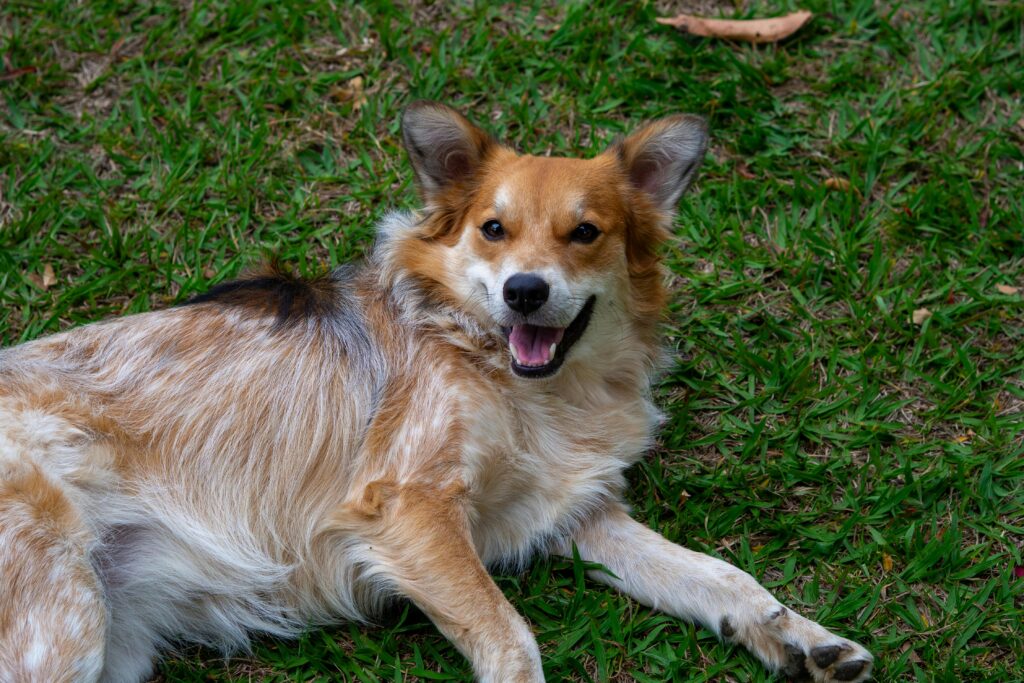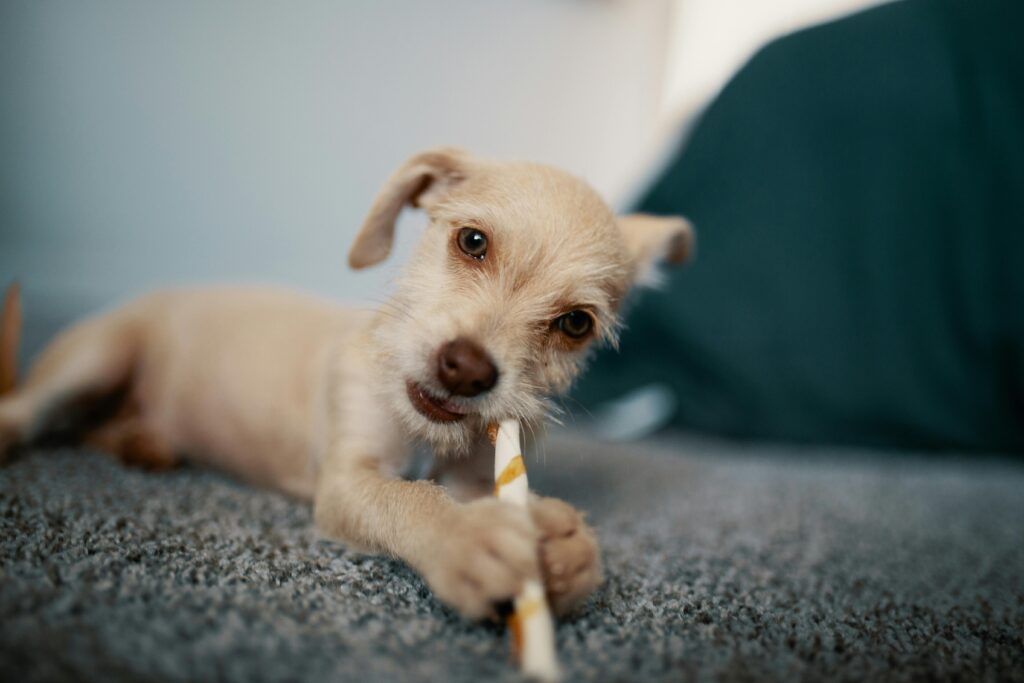When we bring our dog home, our whole life changes. It is not that our life will remain the same and we will only be happy when our dogs come home.
When dogs come home, a lot of responsibilities add to our lives: taking care of the dog, feeding the dog, fulfilling the needs the dog, taking them for a walk, playing with them, bringing the right toys, bringing the right equipment to walk with, learning how to walk, learning which games to play with the dog, knowing which breed the dog is, giving them games accordingly, keeping yourself ready for emergencies (financially, emotionally), knowing where the veterinary hospital is around you, what facilities they have, and in which situations they can help us.
This is no less than raising a human child. You have to take care of everything. Sometimes, when people bring their dogs home, they get tired and can’t do things properly because the dog becomes an added responsibility for them. I just want to say that if you had brought a human child home, then whatever responsibility you would have taken, please consider your dog as a part of your home, consider it as your own child, understand its needs, and focus on fulfilling them, not just on adopting them.
What to do when get a puppy,
We have brought a new puppy home, and we don’t know what to do with it. Now, we are doing what our heart wants. We carry the puppy, put it in bed, and feed it whatever we can. It eats some things, and we take it out.
Now, some things that we are doing with the puppy: it is small today, but it will grow tomorrow. Our habits will not change, and that big puppy will not tolerate this. It will react, and then we will say that the puppy has become aggressive. So, if we want to raise a family dog without aggression—aggression means anger—anger will come when the puppy is not happy.
So, if a puppy has come to your house, and you have brought a small puppy, please don’t carry it. I know it feels good to carry the puppy. You should go to the ground, call the puppy to you, and when the puppy comes, you can love it while staying on the ground. A puppy’s mother never carries the puppy in her lap and lifts it off the ground. If she does, she only holds it by the neck and lowers it again when the puppy understands what she is trying to say. So, we should also not carry the puppy in our lap and carry it around. We should not carry it in our bags. I know it is like a trend nowadays, but not from the dog’s perspective. It is something you are doing for yourself.
Are you thinking of becoming a dog parent?
You are going to be a dog parent, and you are thinking that you want a German Shepherd, a Rottweiler, a Chow Chow, or a breed that is strong and makes you feel strong. But you may not know why that breed was created or what its specific needs are. So, you are making a huge mistake. It doesn’t matter which breed is considered aggressive or friendly because no breed is inherently aggressive or friendly. It’s the reactions that are friendly or aggressive, depending on how we interact with the dog. Any breed can show those reactions if we don’t communicate properly.
So, breed matters if you have information about it—if you know the needs of that breed and how much exercise it requires. If you’re thinking of getting a German Shepherd, a Rottweiler, a Pit Bull, or a Chow Chow, remember their energy levels are very high because they were bred for guarding and security purposes. If your lifestyle and energy levels don’t match these breeds, please don’t get them just for the sake of appearance. These are working breeds, and they need work. If you don’t give them work, they will find it themselves, which can lead to resource guarding, food guarding, or human guarding—behaviors that can be very troublesome and painful.
So yes, breed matters. Whether it matters or not depends on how much knowledge you have.
The role of a dog’s mother: Teach, don’t overwhelm.
Many times when I hear people say that you have to play the role of a dog’s mother, people take it in a very different way. They start thinking that I want to make them into dogs. No, I don’t want to make you a dog. I am just saying that when you have brought a dog to your puppyhood, you have only brought a 45 to 60-day-old puppy home. The mother prepares the dog for everything—how to live in this world, how to behave.
The mother prepares the dog in 3 months, and then the dog is ready for the world. Now you bring the puppy home early, after separating it from its mother. Then you have to teach the puppy what the mother had to teach. What the dog needs right now is not food and love; the first thing it needs is discipline and socializing. Then there is exercise. So first, focus on discipline and socializing.
But when we bring a puppy home, we start babbling and baby-talking to it. And we feel that we are giving love. What is wrong with that? I am not stopping you from loving, but we over-stimulate the puppy by loving it for everything. Because of this, when the puppy goes into adulthood, a lot of behavioral issues come up. That’s why we get queries at 4-5 months that when the puppy came, everything was fine, but suddenly it started growling, suddenly it started doing this. Is the puppy’s mind not bad? The puppy has become so influenced by you, so much influenced by your emotions, that now it is expressing that it is not comfortable.
How to make confident to your dog on walks.
If a dog is scared to walk in the walking space due to other dogs, cats, bicycles, thunder sounds, or rain, it means that you are not properly leading your dog on the walk, and he is not able to trust you to protect him. Now, why is that possible? Either there has been an incident where another dog bit your dog on the street while being with you, causing his trust to be lost, or the dog is born with a lot of sensitivity.
What does a dog’s sensitivity mean? How much can a dog feel? A dog that can feel a lot, gets scared easily, becomes anxious easily, and becomes reactive easily means that his sensitivity is very high. If you have such dogs who have high sensitivity and you want to help them, then you need knowledge of dog psychology. You need to understand how you can become a leader for your dog. How can you become a parent to your dog? Someone who can guide him, give him corrections, and teach him what this world is all about and what to do in this world by trusting us.
Dogs’ Natural Cleanliness
Dogs instinctively avoid peeing and pooping where they stay or rest.
They prefer finding a spot they use the least to do their business, keeping their main living areas clean and comfortable.
This behavior is rooted in their natural instincts to maintain a clean environment, both for health reasons and to avoid attracting predators.
When given enough space, dogs will usually choose a designated area away from their sleeping and eating spots.
Understanding this behavior can help dog parents effectively guide their dogs by providing them with appropriate and accessible bathroom areas, like a walk outside the home or a designated place in the lawn/balcony for emergencies.
Remember, if a dog is forced to eliminate in their resting area, it may indicate an underlying issue such as insufficient bathroom breaks, anxiety, or a medical condition.
Ensuring regular outdoor breaks and creating a comfortable environment can promote their natural cleanliness habits.
Thank you!







